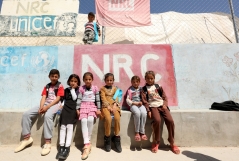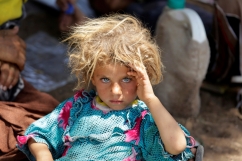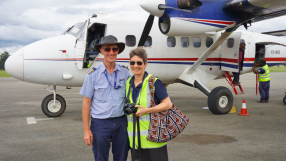The UK government may re-consider its refusal to recognise ISIS atrocities against Christians, Yazidis and other religious minorities as genocide.
The new foreign secretary Boris Johnson has said the UK would lead a campaign to bring the terror group to justice as he urged allies fighting Islamic State to do more to gather evidence of war crimes.
Under Johnson's predecessor Philip Hammond, the UK government pointedly refused to label ISIS crimes as genocide, despite the White House and the EU Parliament making such a declaration. But one MP at the heart of the campaign to recognise genocide told Christian Today she was hopeful Johnson would be able to invoke a change.
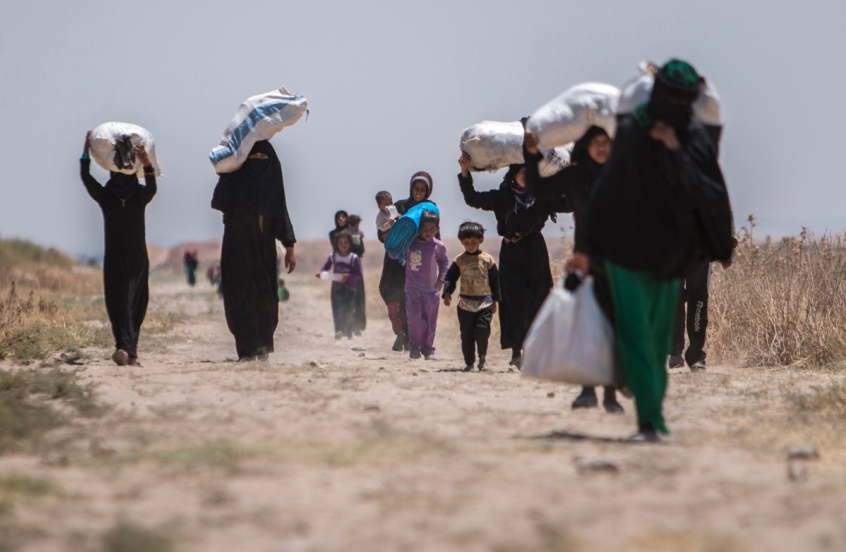
The former Mayor of London has previously said it was "baffling" that for some "reason the Foreign Office still hesitates to use the term genocide". In an article for the Telegraph he said ISIS' crimes "can only be called genocide".
On Friday he told foreign and defence officials from around 30 nations fighting ISIS there was an urgent need to gather evidence and witnesses of ISIS crimes so they could be prosecuted. "We've got to deal with the whole cancer and its ability to spread and to metastasize, to pop up all over the world in the way that we've been seeing," he said in a TV interview.
"There are thousands of them and we need to start setting in train the process of gathering evidence, of getting more witnesses, so that ultimately they can be prosecuted and held to account for their crimes against humanity and that's something that I said today to everybody and got a large measure of support."
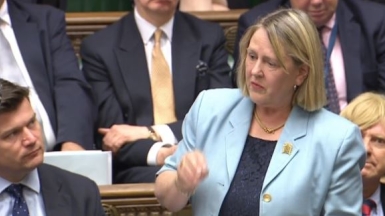
Fiona Bruce, the Conservative MP for Congleton, told Christian Today she hoped this meant the Foreign Office was reconsidering its position.
The MP, who is a Christian, said ISIS' actions clearly met the definition of genocide under the convention on the prevention and punishment of genocide, of which the UK is a signatory.
"Their 'intent to destroy, in whole or in part' these groups, as the Convention defines genocide, is all too obvious," she said. Bruce added it was "deeply concerning" the UK refused to support the US after it declared the atrocities a genocide in March. She said the UK must correct this "as a matter of urgency".
She added: "Boris Johnson has said that he is now committed to re-establishing the UK's 'identity as a great global player'. If he is to do that, the UK must stand by its commitment in the Genocide Convention, and join the US in recognising the genocide that IS/Daesh is committing."
Bruce has attracted support across parties for a parliamentary motion criticising the government for not referring the "genocidal atrocities of Daesh to the United Nations Security Council (UNSC)".
In April the House of Commons unanimously backed a motion that called on the government to refer the issue to the UNSC – a necessary step for the international judiciary to declare a genocide.
But despite the vote by 279 to 0 in favour, the government did not change its stance. Bruce's motion, signed by 32 MPs from different parties, "calls on the Government to ensure that the unanimous will of Parliament is implemented with urgency".










